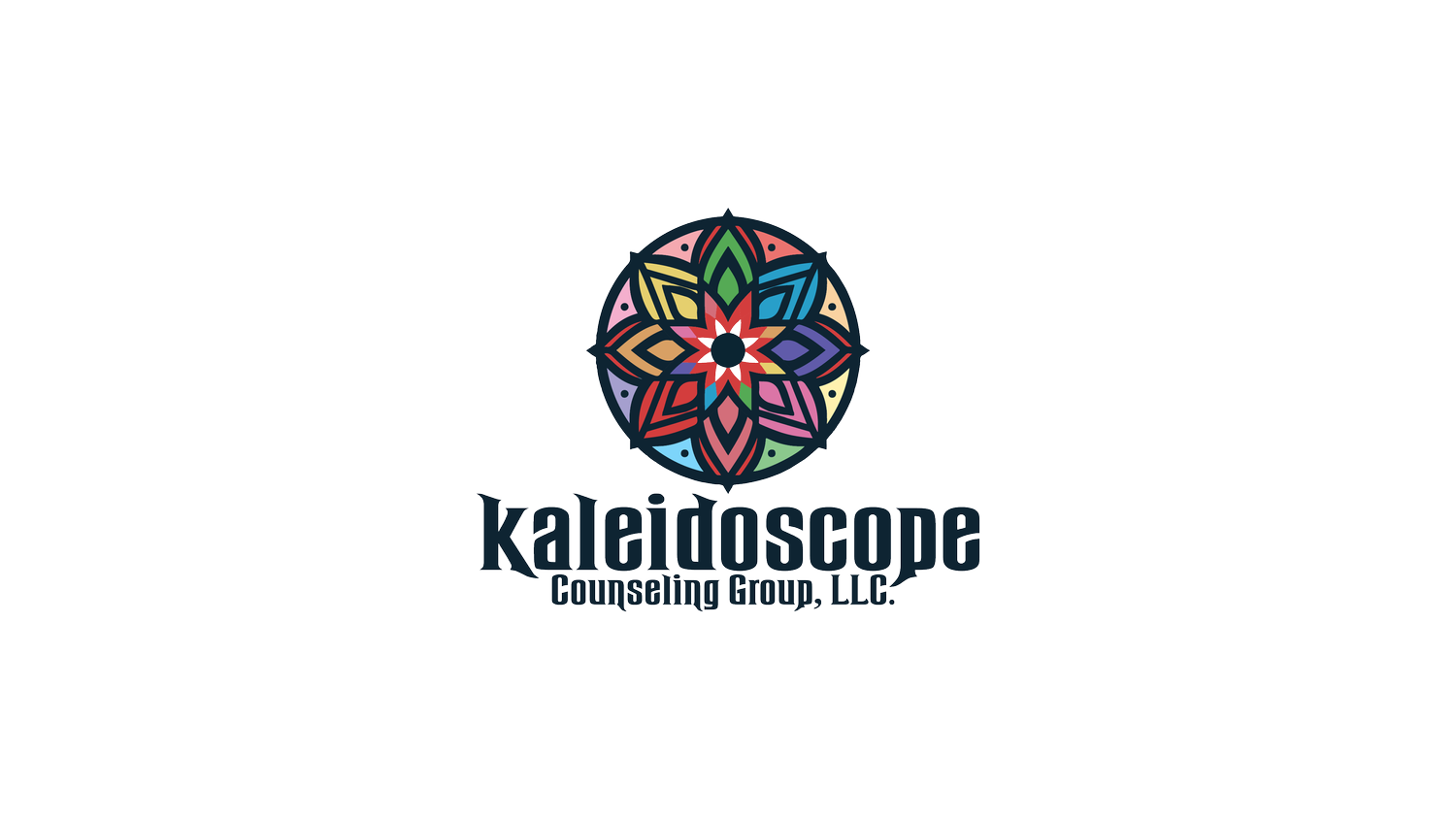Low Self-Esteem and Childhood Trauma: Understanding the Connection
The Role of Self-Esteem in Our Lives
Believing in our own worth is a fundamental human need. Feeling understood, respected, and taken seriously is crucial for developing healthy self-esteem. Unfortunately, experiences of neglect or trauma during childhood can significantly undermine this sense of worth.
When past experiences lead you to doubt your value, they can create negative beliefs about yourself. Some common beliefs may include:
Accepting negative statements from others about yourself.
Receiving minimal care or support from those around you.
Being criticized or blamed for things that were not your fault.
Common Thoughts of Those Struggling with Self-Esteem:
“People are generally uncaring, indifferent, and only out for themselves.”
“All people are bad, evil, or malicious.”
“I am bad, flawed, or damaged.”
“Because I am worthless, I deserve to be unhappy and suffer.”
Moving Towards Healing
Processing and actively working on traumatic experiences can help shift these negative beliefs. Here are some statements that reflect healing and growth:
“Sometimes bad things happen to good people. Just because someone says something negative about me doesn’t make it true. I deserve happiness, regardless of past mistakes.”
“If something bad happens to me, it doesn’t mean I caused it or deserved it. I might have been present, but that doesn’t make me responsible for the event.”
“While some people in power may abuse their authority, not everyone in a position of power seeks to harm others.”
“Just because some individuals from a particular group act negatively doesn’t mean everyone from that group is out to hurt me.”
This mindset shift allows for a more nuanced understanding of relationships and fosters healthier connections with others.
How Low Self-Esteem Manifests in Relationships
Low self-esteem can profoundly affect our relationships, leading to:
A constant need for validation that feels never-ending.
Devaluing and disrespecting yourself.
Prioritizing others’ needs over your own, often at your expense.
Avoiding asking for help, leading to hyper-independence.
Anxiety, rumination, and feelings of inadequacy.
Projection of insecurities onto your partner, such as suspicion or fear of abandonment.
These patterns can create a cycle of negativity that impacts your self-worth and relationships.
Increasing Your Self-Esteem
Improving self-esteem is an ongoing journey, but there are practical steps you can take:
Build Self-Efficacy: This refers to your belief in your ability to achieve specific goals. Focus on tasks you excel at to foster a sense of mastery.
Receive Compliments: Practice accepting compliments graciously and recognizing your strengths.
Seek Feedback: Ask trusted friends or family members for realistic feedback on how they see you.
Celebrate Your Wins: Acknowledge your accomplishments and positive changes, no matter how small.
Practice Patience and Self-Compassion: Be kind to yourself during this process.
Try New Things: Step out of your comfort zone and learn to accept imperfection.
Embrace Ambiguity: Learn to be okay with uncertainty and not knowing everything.
Cultivate Emotional Awareness: Recognize, name, and process your emotions, sharing them with others when comfortable.
Seek Professional Help: Consider joining a support group or working with a licensed therapist for additional guidance.
At KCG, we support individuals in understanding and overcoming the effects of childhood trauma. Explore our resources and services to begin your journey toward healing.
Unlock valuable insights into how your attachment style and potential PTSD may be influencing your relationships and overall well-being. Take our free assessments to explore both your attachment style and whether PTSD might be affecting you. This is a powerful step toward healing, growth, and building stronger connections. No matter your circumstances, we believe every individual and relationship has the potential to thrive. Let us guide you toward a more fulfilling life, with personalized strategies for mental peace and emotional health. You can start your journey today.
By taking these steps, you can gradually build a healthier sense of self-esteem and improve your overall well-being.

